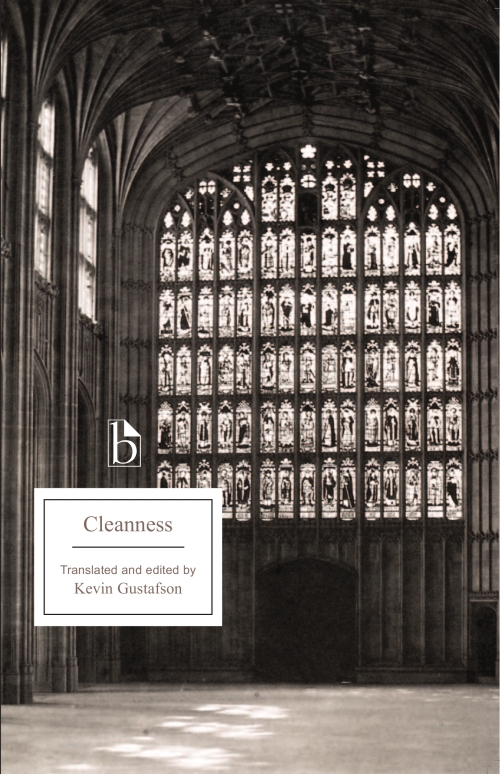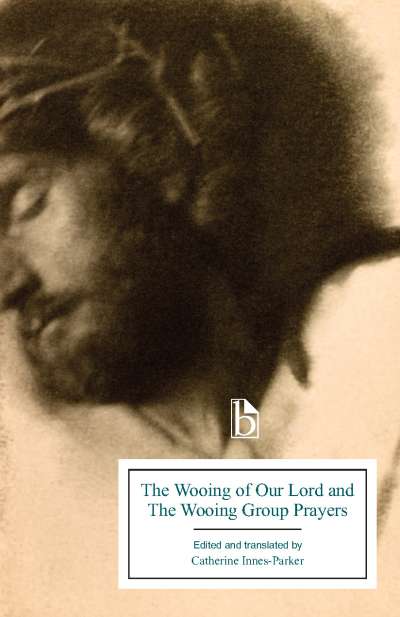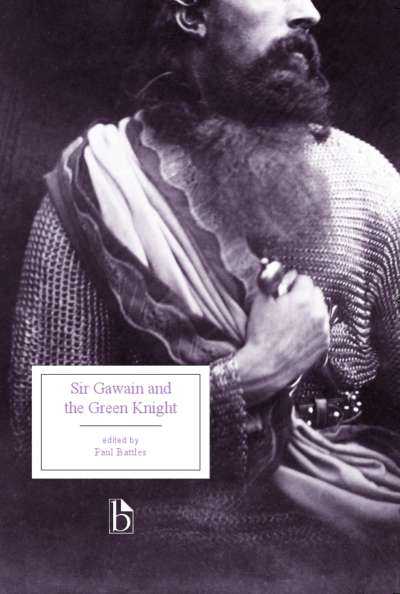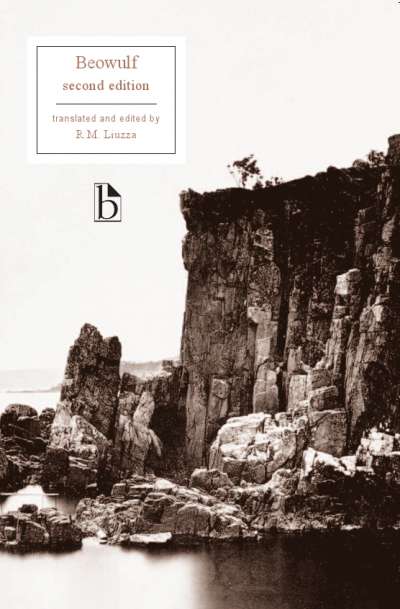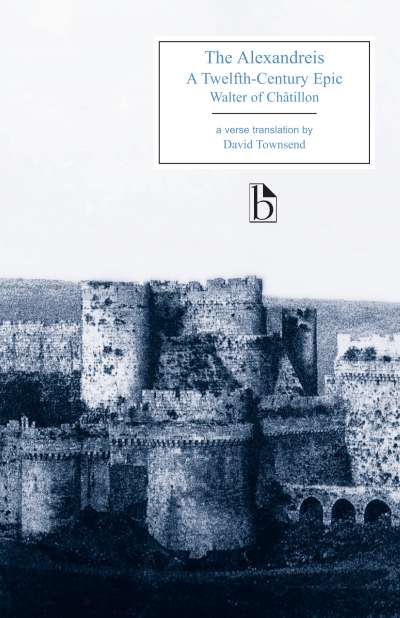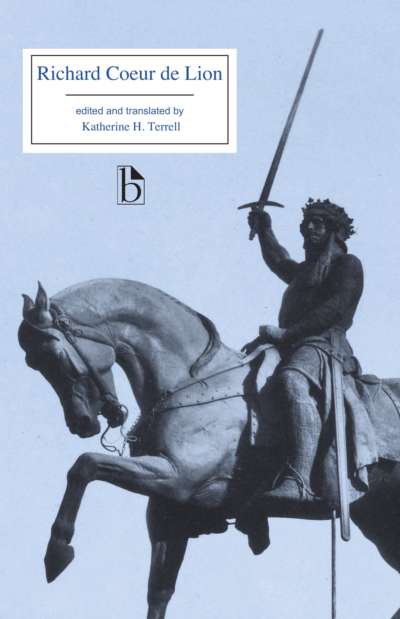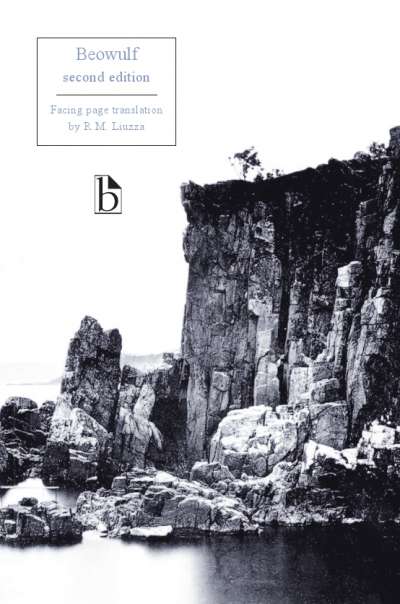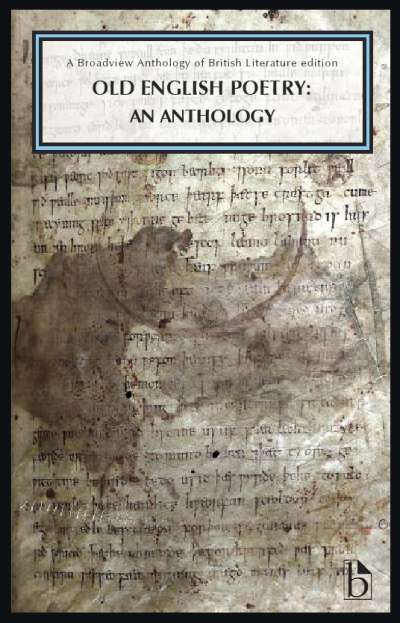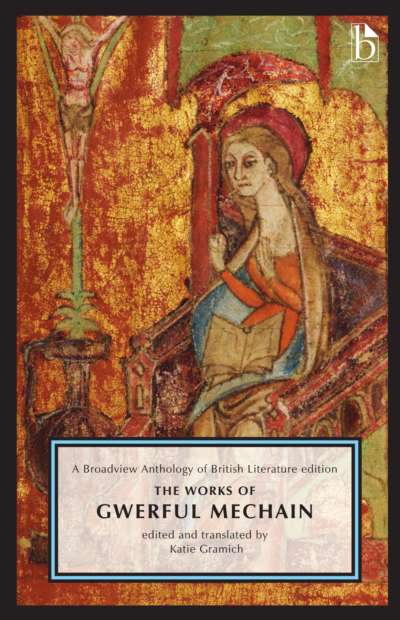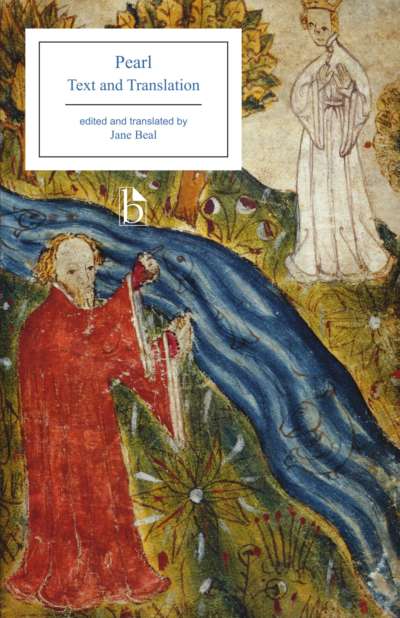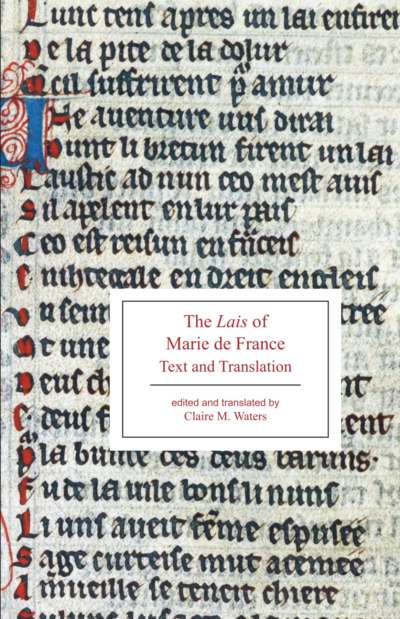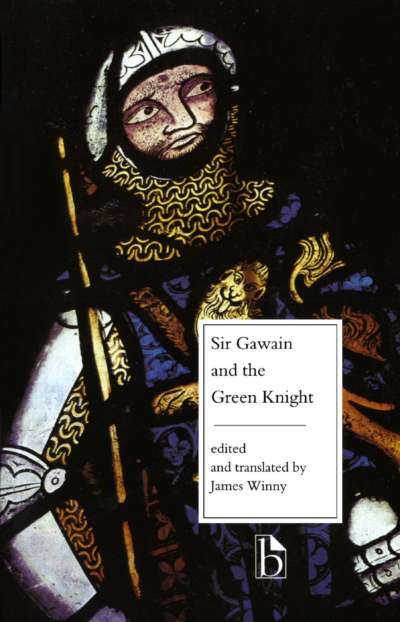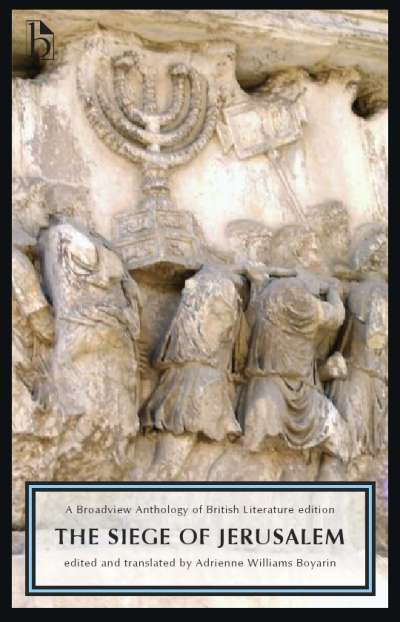This edition provides a new facing-page translation of an important Middle English alliterative poem, generally attributed to the author of Sir Gawain and the Green Knight. A complex meditation on courtly and religious ideals, Cleanness has been praised for its densely figurative language, elaborate descriptive set pieces, and moving depictions of cosmic and human drama. More recently, the poem has also attracted attention for contributing to the history of sexuality in its comparatively frank discussion of sexual practices.
Kevin Gustafson’s new translation captures the original’s poetic qualities while making the often difficult text accessible to modern readers. The facing-page format allows readers to experience the original alliterative Middle English and to compare the texts. Appendices include relevant verses from the Douay-Rheims Bible and excerpts from contemporary romances, chronicles, and theological writings.
Comments
“In recent years, Cleanness has come into its own as one of the most significant English poems for the study of late medieval attitudes toward sexuality, sin, and pleasure. Kevin Gustafson’s superb new edition and translation is the best text of Cleanness available for classroom use; not only medievalists, but students of spirituality and of the history of sexuality will all find it essential.” — Robert Sturges, Arizona State University
“Kevin Gustafson’s new edition and translation ends the era of excuses for not teaching Cleanness. He provides a trustworthy Middle English text and crafts a careful, literal translation that captures the narrative energy, rich pathos, and pensive tone of the original without mimicry or self-conscious device. The critical introduction and primary documents allow the reader to study the poem in literary and theological context. We now can give our students a much fuller picture of medieval alliterative poetry and can confront together in the classroom the dynamic and challenging issues of religion, sex, race, and violence that Cleanness so relentlessly explores.” — Michael Calabrese, California State University, Los Angeles

